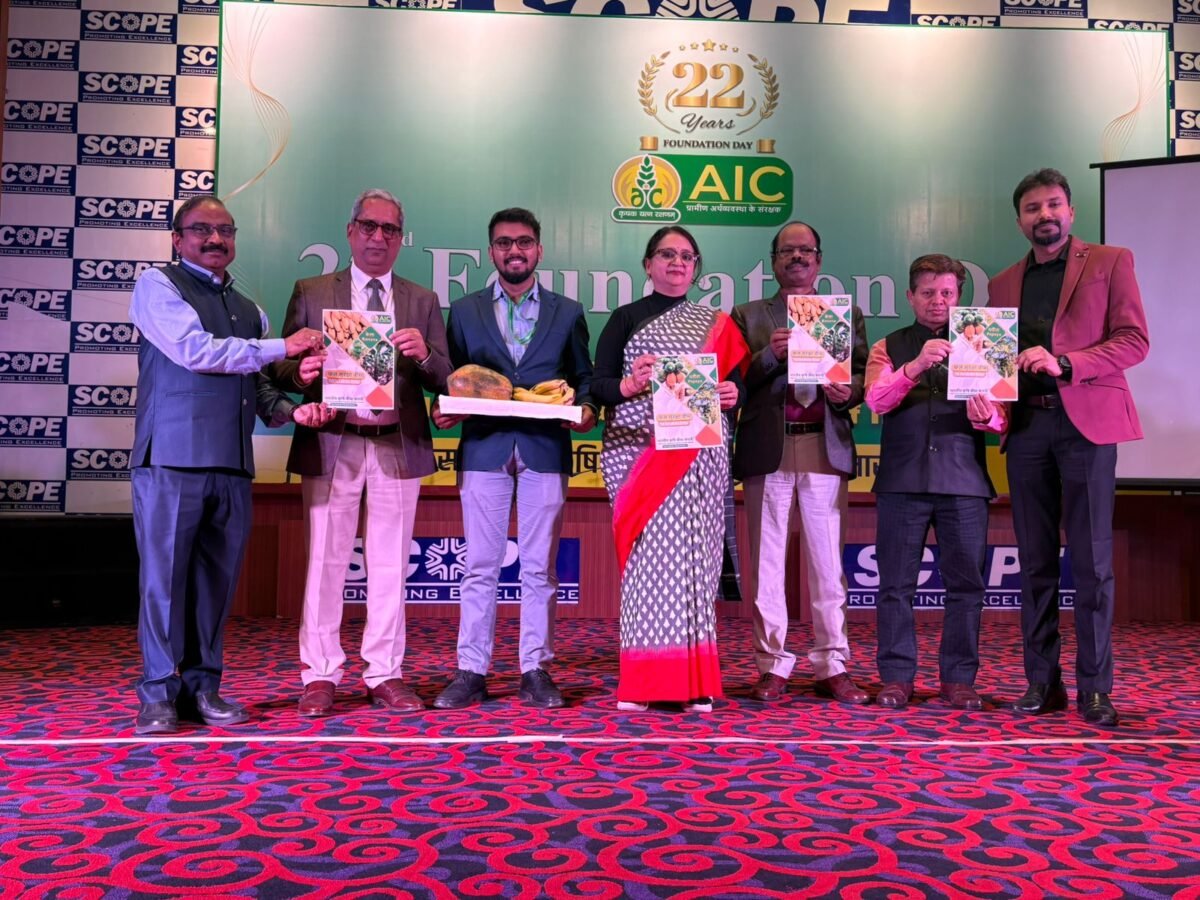Kuppam Horticulture Hub bags Skoch Award for achieving milestones in agricultural innovation
The horticulture hub’s success has revolutionized the local economy and cemented Andhra Pradesh’s standing as a pioneer in contemporary horticultural techniques
In the Chittoor region, Kuppam has developed into a flourishing horticultural center that has raised the bar for agricultural innovation and greatly improved the lifestyles of farmers. Through the use of cutting-edge Israeli technology, the Kuppam Horticulture Hub has brought in contemporary farming methods. Agriculture in the area has been transformed by these creative techniques.
The center was officially opened by then-Chief Minister N Chandrababu Naidu on January 2, 2019, with the goal of establishing Kuppam as a horticultural model. The Centre of Excellence (CoE) at Pedda Bangarunatham hamlet in Kuppam mandal, which covers 22.8 acres, is dedicated to the production of flowers and vegetables using innovative methods like as drip irrigation, polyhouses, and grafting.
The center ensures greater production and profitability by helping farmers produce high-quality crops with few resources. A wide range of fruits, flowers, and vegetables, such as marigolds, tomatoes, and capsicums, are supported by the climate. The center improves skills by providing training on contemporary agricultural methods to farmers, officials, and students.
The hub has greatly increased local farmers’ revenue by promoting market access and offering novel techniques.
The Kuppam Horticulture Hub’s success has revolutionized the local economy and cemented Andhra Pradesh’s standing as a pioneer in contemporary horticultural techniques.
The Kuppam Horticulture Hub received the Skoch Award on November 30, 2024, in recognition of its exceptional agricultural accomplishments. Kuppam distinguished itself among India’s 57 Centers of Excellence (CoEs) by demonstrating exceptional performance in growing vegetables and flowers with contemporary technologies.
The hub has received praise from farmers for having a noticeable effect on their earnings and abilities. According to local farmer Ramesh Naidu, “we struggled with low yields and lack of market access earlier.” He told TNIE, “My tomato crop yield has tripled and I’ve been able to sell the produce at a better price thanks to the hub’s training programs and hybrid seeds.” Lakshmi Devi, another farmer, described how growing marigolds in polyhouses had increased her family’s financial security.
“The returns are more than I could have ever dreamed of, and the quality of the flowers has improved,” she remarked.
Over 2,605 farmers have benefited from 43 training sessions that the hub has organized since 2018. Nearly 6,000 officials and students from different institutions have also visited the center, learning about contemporary horticultural techniques. In addition to directly helping thousands of farmers, the hub has produced 1.94 crore non-grafted plants and over 64 lakh grafted plants, bringing in a sizable sum of money.
Experts in agriculture from both India and overseas have visited the hub. State officials from Kerala, Haryana, and Mizoram have commended the center’s work and intend to implement its methods in their own states.
The State government’s dedication to supporting horticulture growers is demonstrated via the Horticulture Hub. The center seeks to assist farmers in overcoming obstacles like unfavorable weather and pests by offering state-of-the-art training and resources, guaranteeing sustainable growth, stated Chittoor District Collector Sumit Kumar.
The horticulture hub's success has revolutionized the














